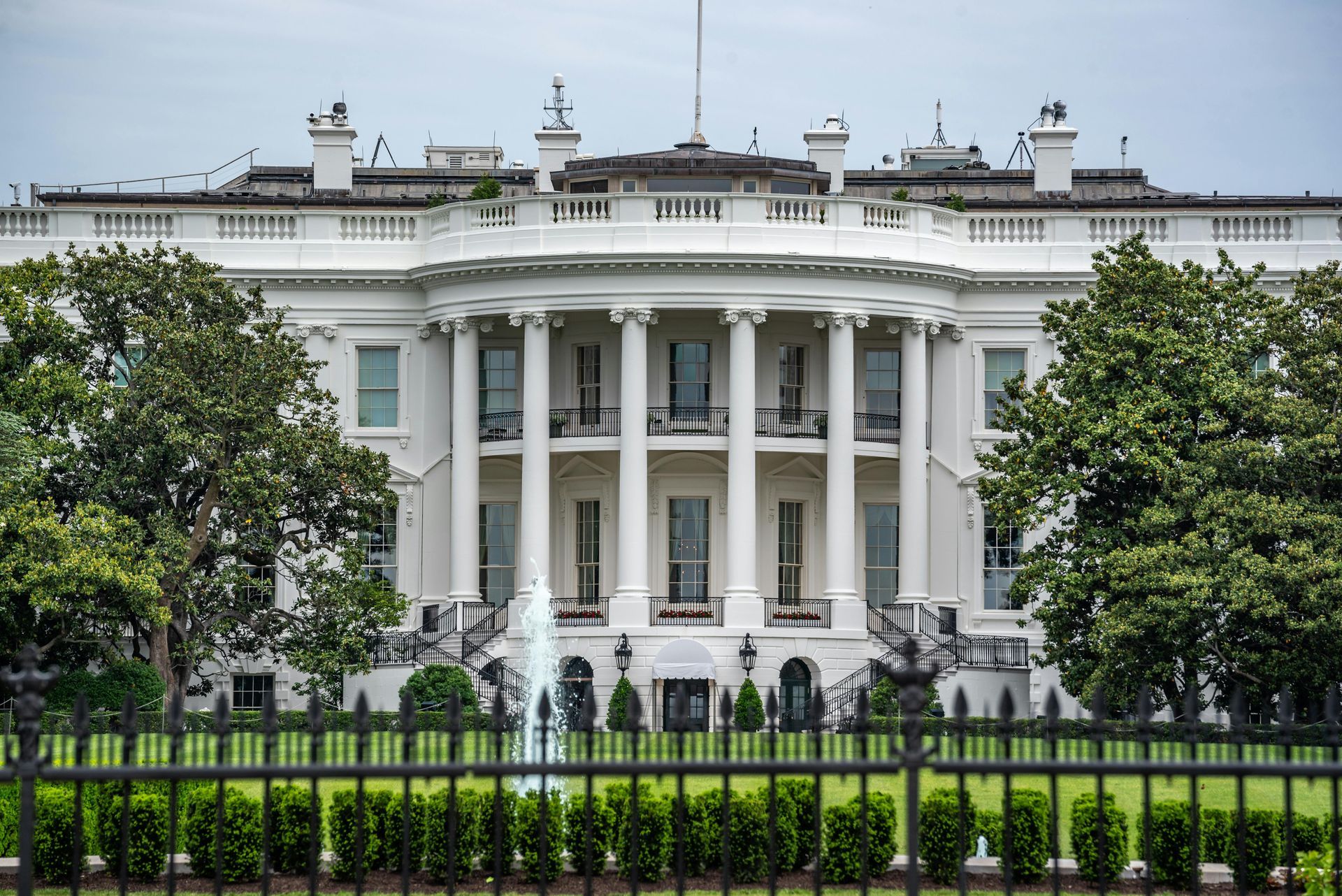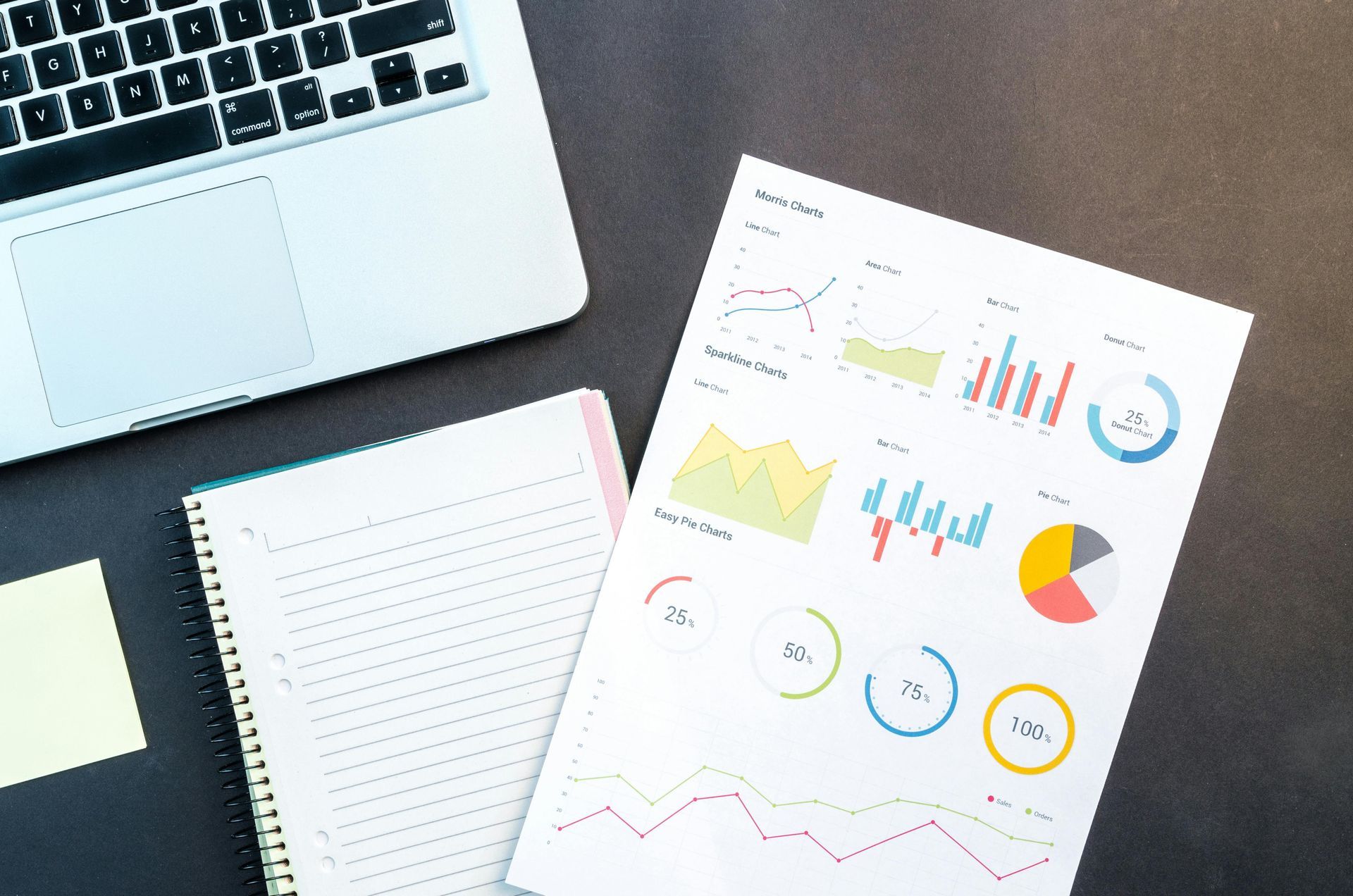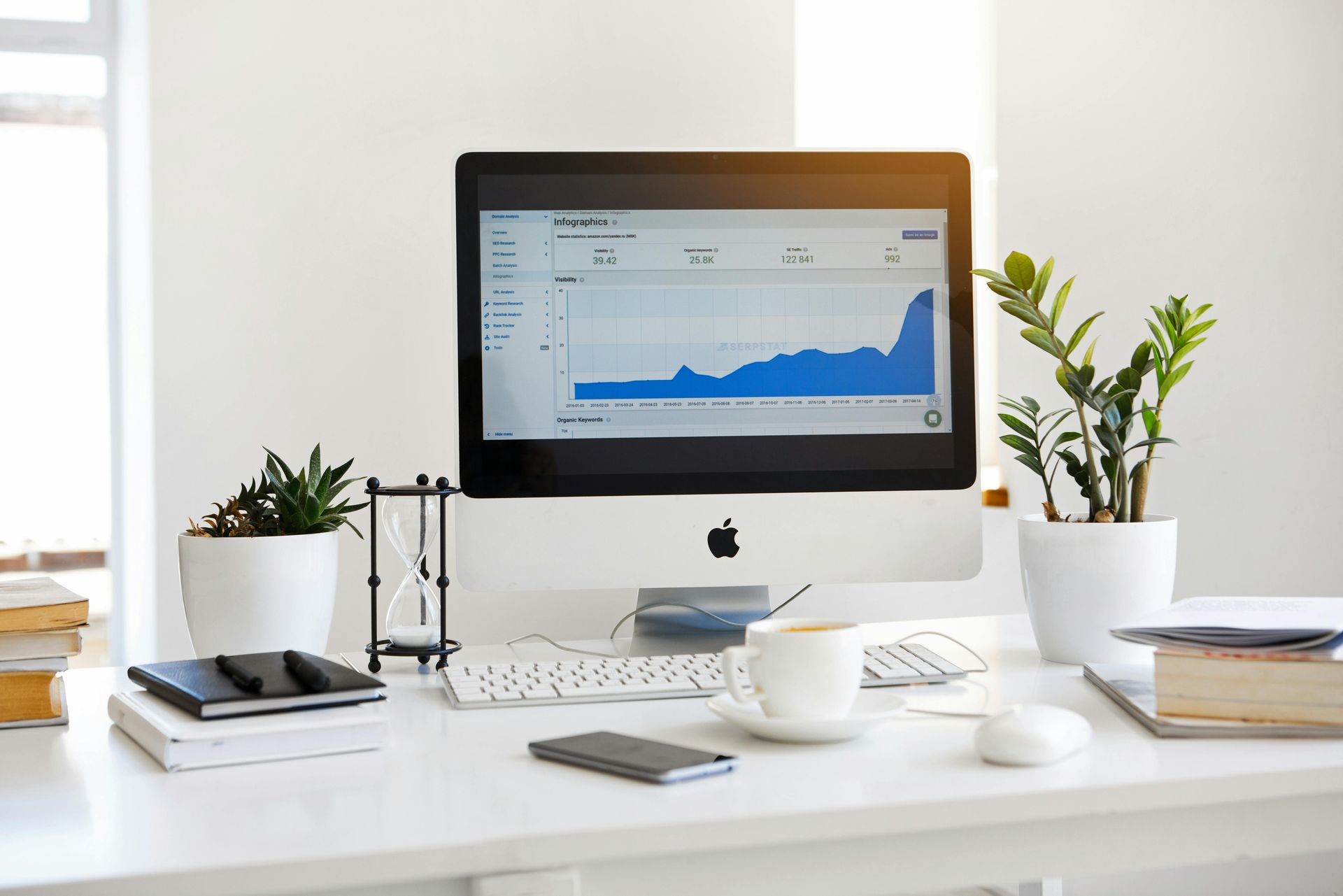Puzzle Creative Discusses - Is Donald Trump bad for UK Business?
Trade Tariffs, Business Costs, and Resilience

Is Trump Bad for UK Business?
Donald Trump’s presidency has been nothing short of polarising, and his trade policies remain one of the most scrutinised facets of his time in office. From imposing sweeping tariffs to renegotiating trade agreements, his approach to "America First" has sent ripples worldwide, including across the Atlantic to the UK. But what has Trump’s impact been on UK businesses? Let's break it down.
Trump’s Trade Policies and UK Exports/Imports
Trump’s aggressive trade measures, including tariffs on imports, have directly affected global trade dynamics. For the UK, US-UK exports and imports combined valued £221 billion in 2022. However, Trump's tariffs on steel (25%) and aluminium (10%) posed direct challenges to UK exporters in these sectors. This made it costlier for UK manufacturers to supply these goods to their American customers.
On the flip side, the UK's imports from the US also faced complications. Industries reliant on American raw materials and finished goods now contend with higher costs, narrowing profit margins for UK businesses.
The State of UK-US Trade Relations
Under Trump, the emphasis on renegotiating trade terms took centre stage, raising uncertainties for future trade deals. A proposed US-UK free trade agreement was delayed, leaving many in limbo. Trump’s "America First" rhetoric steered focus towards domestic interests, creating a lopsided dialogue that seemingly prioritised US gains.
For UK businesses, this uncertainty discouraged long-term investments because forecasting trade costs became inherently more difficult. It also raised concerns over market access, particularly for industries like agriculture that rely heavily on favourable export dynamics.
Effects on Specific UK Industries
1. Finance
The financial sector in the UK has long relied on strong transatlantic ties. Trump's administration, while not directly hostile to the UK's finance industry, created volatility through unpredictable policy shifts and trade wars. This instability was reflected in forex markets, impacting London’s financial hubs.
2. Agriculture
While the UK is not a large-scale agricultural exporter compared to other EU nations, US tariffs on dairy and meat products have hurt British farmers. Any hope of securing preferential agricultural trade deals has remained out of reach.
3. Manufacturing
Vehicle parts and aerospace manufacturing, two vital UK sectors, were also affected. US tariffs on cars and parts imported from overseas raised production costs, making UK manufacturers less competitive in the American market.
Geopolitical Factors and Policy Uncertainties
Beyond the tariffs themselves, Trump’s confrontational foreign policy created secondary effects. The US-China trade war, for instance, pressured global supply chains, with UK businesses caught in the crossfire. Similarly, Trump's shifting alliances placed further strain on NATO and traditional trade partnerships, contributing to a broader sense of instability.
Foreign Investment Flows Between the UK and US
The US is the UK’s largest single foreign investor, responsible for around £451 billion in direct investment in 2022. Trump's policies on tax reform and domestic investment drew some American companies to repatriate funds, reducing the overall FDI growth in the UK.
However, UK companies operating in the US also faced challenges in making capital investments due to increased tariffs on raw materials such as steel and aluminium. This hindered productivity and slowed profitability in diverse sectors.
Comparison of Economic Indicators
During Trump's presidency, US GDP growth initially picked up, but his tariff policies ultimately weighed on global markets, including the UK. A comparative analysis shows the following trends during his administration:
- Global stocks experienced significant dips during trade policy announcements, leaving investors hesitant.
- The UK’s exports to the US did not grow as expected, due to new trade barriers, limiting GDP contributions.
- Unemployment in the US dropped to record lows pre-pandemic but surged during tariff-related tensions when businesses began delaying hiring plans.
Expert Opinions
Thomas Sampson, an international trade expert at LSE, remarked on the inefficiencies of Trump's tariff policies, stating, "They created trade barriers rather than eradicating them, making the trading landscape more complex for UK businesses."
Meanwhile, Yu Jie, a senior research fellow at Chatham House, noted, "Trump’s measures pushed global economies toward 'mutual destruction,' forcing a number of auxiliary trading partnerships."
Some UK business leaders also voiced frustrations about navigating sudden policy changes without advance dialogue. Timothy Grant, the CEO of a UK steel manufacturing firm, revealed, “Trump’s tariffs on steel made it nearly impossible for us to compete in the US market without drastically cutting costs, threatening our long-standing customer relationships.”
Long-Term Implications for UK Businesses
Looking forward, the uncertainty caused by Trump-era policies continues to ripple through the business world. While Biden’s presidency may signal a return to more diplomatic relations, the restructuring of global supply chains and the damaged trust between allies will take years to rebuild.
For UK businesses, the main takeaway is the need for resilience. Companies must diversify trade partners, invest in supply chain resilience, and stay adaptable amidst shifting policy environments.
Final Thoughts
Is Trump bad for UK business? The answer largely depends on perspective. His policies created undeniable challenges for UK exporters, manufacturers, and multinational investors, but they also underscored the importance of adaptability in a global economy.
Rather than dwelling on these hurdles, UK businesses should focus on innovation and building diversified strategies to reduce reliance on any single trade partner. While Trump’s policies cast a significant shadow, the resilience and ingenuity of the UK's business landscape provide hope for sustainable recovery.
For further insights on navigating global trade challenges, connect with our team today and explore strategies tailored to your business’ needs.










